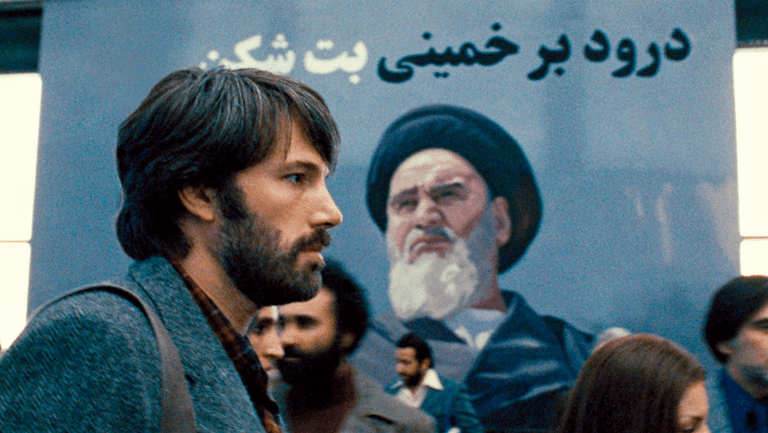Advertisement
Up For Oscars, But Historically Inaccurate?
Resume
At this Sunday's Oscars, "Argo," "Lincoln" and "Zero Dark Thirty" are all up for Best Picture.
But though they're all based on real-life events, all three films have drawn criticism for playing somewhat loose with history.
"Argo" has a dramatic scene in a Tehran market, as well as a car chase scene in the climax of the film - both of which didn't happen in real life.
"Lincoln," which portrays the struggle in Congress to pass the 13th Amendment abolishing slavery, shows Connecticut legislators voting against the Amendment, which also did not happen.
And there has been a continuing controversy over "Zero Dark Thirty," which contains harsh interrogation scenes, and has been accused of implying that harsh interrogation yielded the information that led to the killing of Osama Bin Laden.
As the headline of a recent Boston Globe editorial says, "In teaching history, Hollywood isn't as good as high school."
Peter Canellos, the Globe's editorial page editor, tells Here & Now's Robin Young that film goers need to go into these movies with a sense of skepticism. But he also says that filmmakers have a a responsibility to history.
"They have to be true to the overall narrative, and that's where 'Zero Dark Thirty' has a problem. If it's in fact not true that torture played any role in amassing the evidence that led to Osama Bin Laden, and they suggest that it did, then that's just violating the core narrative. That's not just putting the Connecticut congressman on the wrong side of the issue," Canellos said.
- Is it important for movies to be historically accurate? Let us know on Facebook.
- New York Times: The Oscar for Best Fabrication
- Salon: "Argo" distorts painful history into a cheesy propaganda thriller
- Wall Street Journal: Tony Kushner Fires Back at ‘Lincoln’ Criticism
- Los Angeles Times: 'Zero Dark Thirty's' sharp turn from Oscar glory
Guest:
- Peter Canellos, editorial page editor for The Boston Globe.
This segment aired on February 22, 2013.